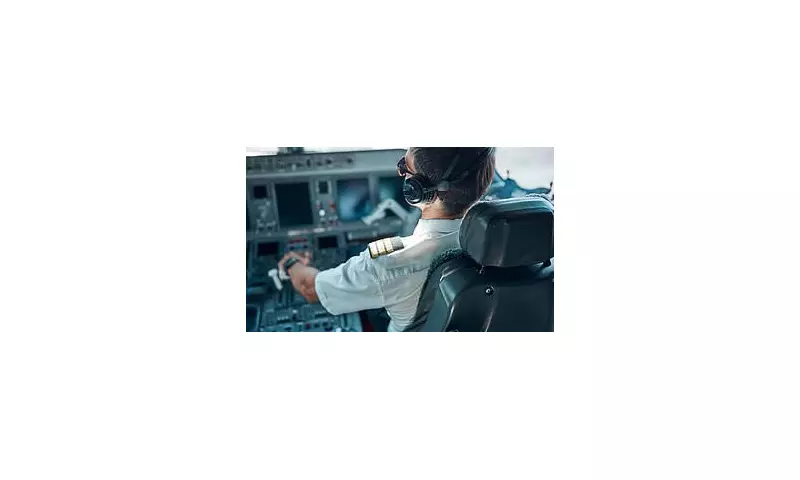
Aviation Safety Under Scrutiny as Pilots Face Substance Misuse Issues
An alarming investigation has uncovered that dozens of British airline pilots have been referred to specialist drug and alcohol clinics, raising serious concerns about flight safety protocols across the aviation industry. The revelations come at a time when passenger confidence in air travel remains fragile.
According to data obtained through Freedom of Information requests, multiple pilots from major UK carriers have been directed to substance misuse treatment facilities in recent years. The Civil Aviation Authority (CAA), responsible for overseeing flight safety, maintains strict regulations regarding pilot fitness, but these findings suggest potential gaps in the system.
The Hidden Crisis in Cockpits
Industry insiders describe a growing concern about mental health and substance abuse among flight crew members. The high-pressure environment of commercial aviation, combined with irregular schedules and time zone changes, creates unique challenges for pilots' wellbeing.
Key findings from the investigation include:
- Multiple pilots from different airlines referred to specialist clinics
- Cases involving both alcohol and controlled substances
- Concerns about early detection and intervention systems
- Questions about the adequacy of current testing protocols
Regulatory Response and Safety Measures
The Civil Aviation Authority emphasizes that safety remains the paramount priority in UK aviation. Current regulations require pilots to undergo regular medical assessments, including alcohol and drug testing when necessary. However, critics argue that the system relies too heavily on self-reporting and may miss developing problems.
One aviation safety expert commented: "While the numbers represent a small percentage of the overall pilot community, any substance misuse among flight crew is unacceptable. The industry needs to examine whether current support systems are adequate and whether testing protocols need strengthening."
What This Means for Passengers
Despite these concerning revelations, aviation authorities stress that multiple safety layers protect passengers. These include:
- Strict pre-flight checks and procedures
- The presence of two qualified pilots in most commercial cockpits
- Comprehensive monitoring systems
- Random testing programs
- Peer monitoring and reporting systems
The airlines involved have reiterated their commitment to safety, noting that any pilot found to have substance misuse issues is immediately removed from flying duties until comprehensive assessment and treatment are completed.
As the investigation continues, calls are growing for enhanced mental health support and more robust monitoring systems within the aviation industry to ensure that the skies remain safe for all travellers.





